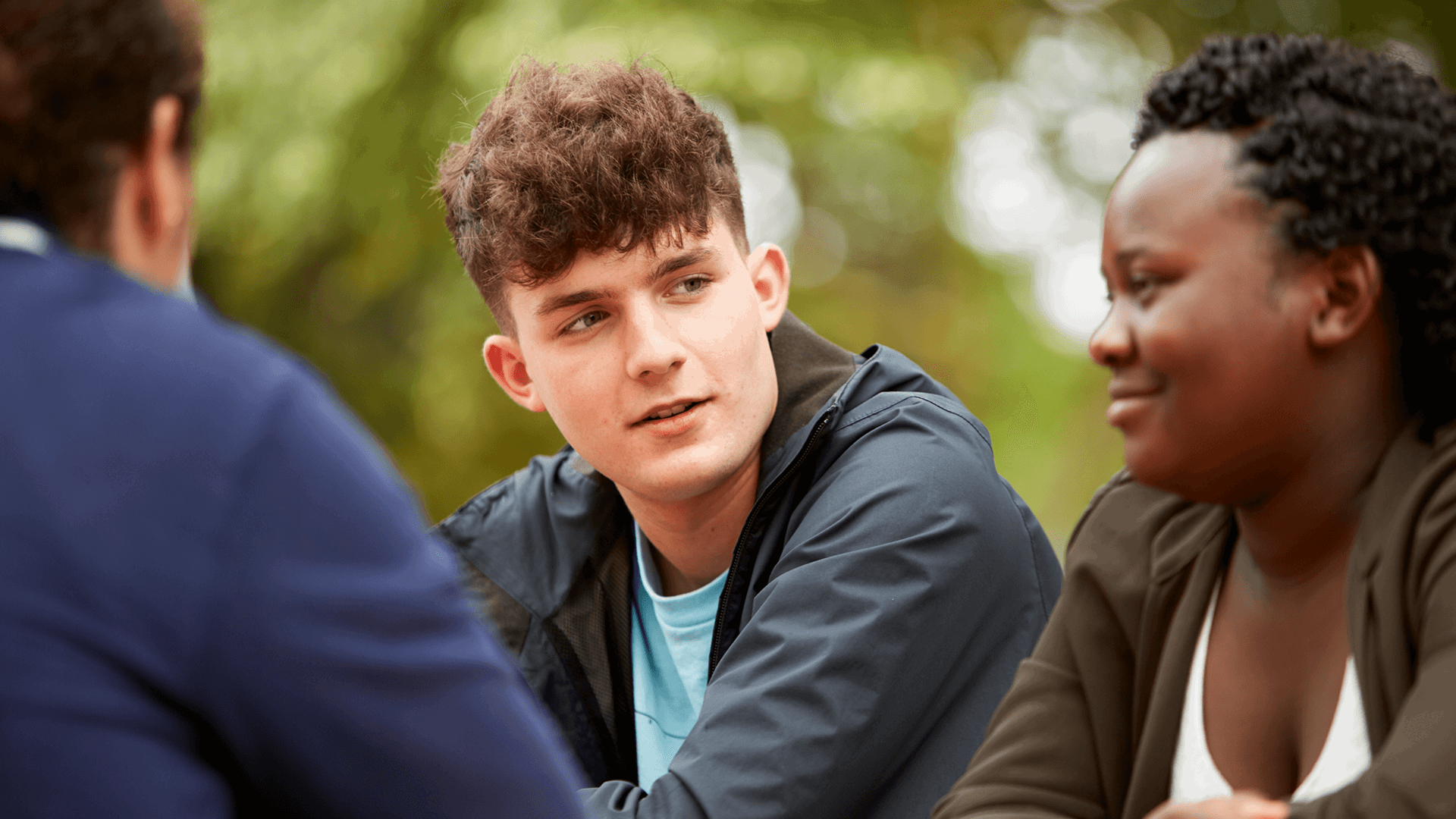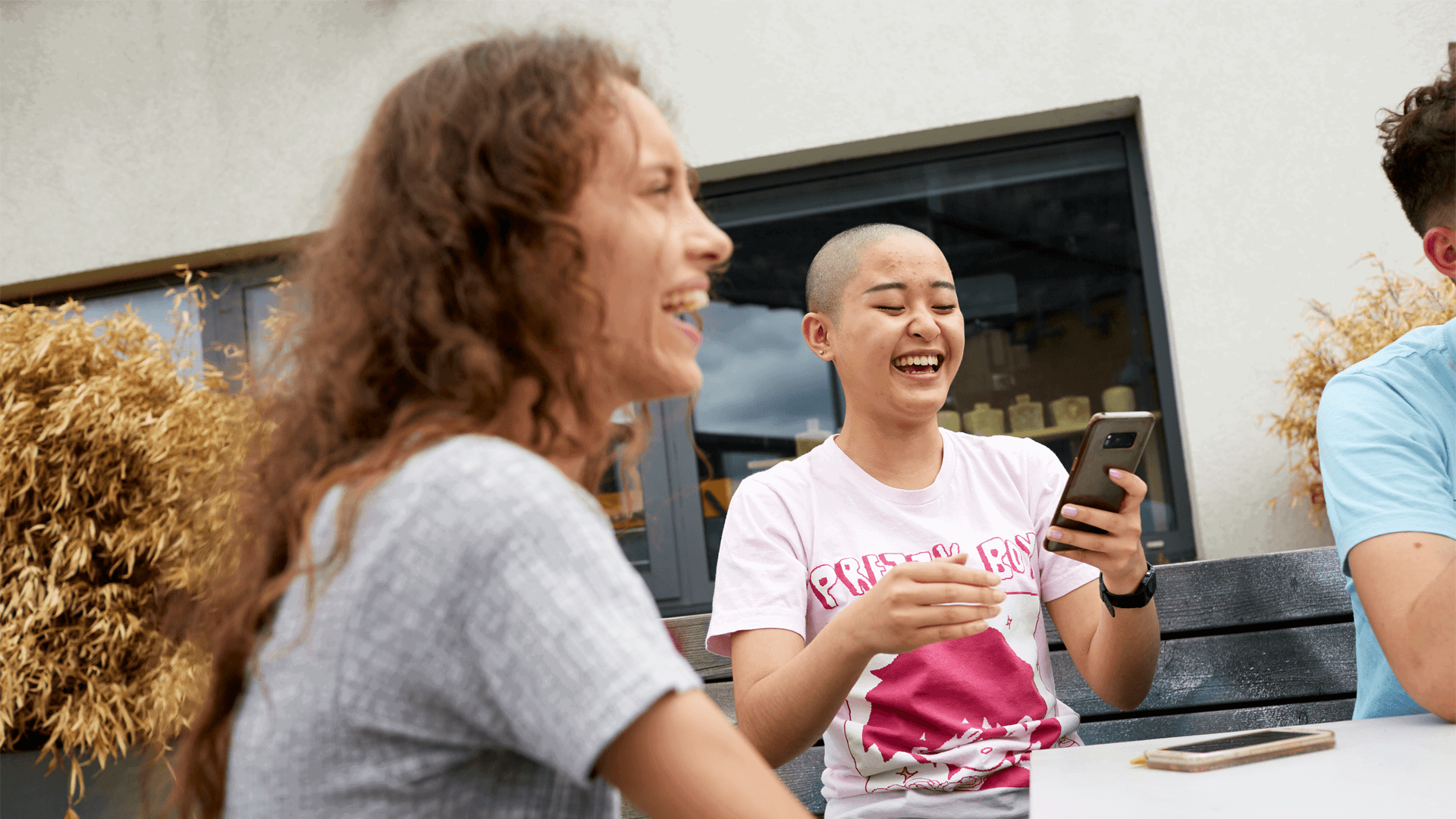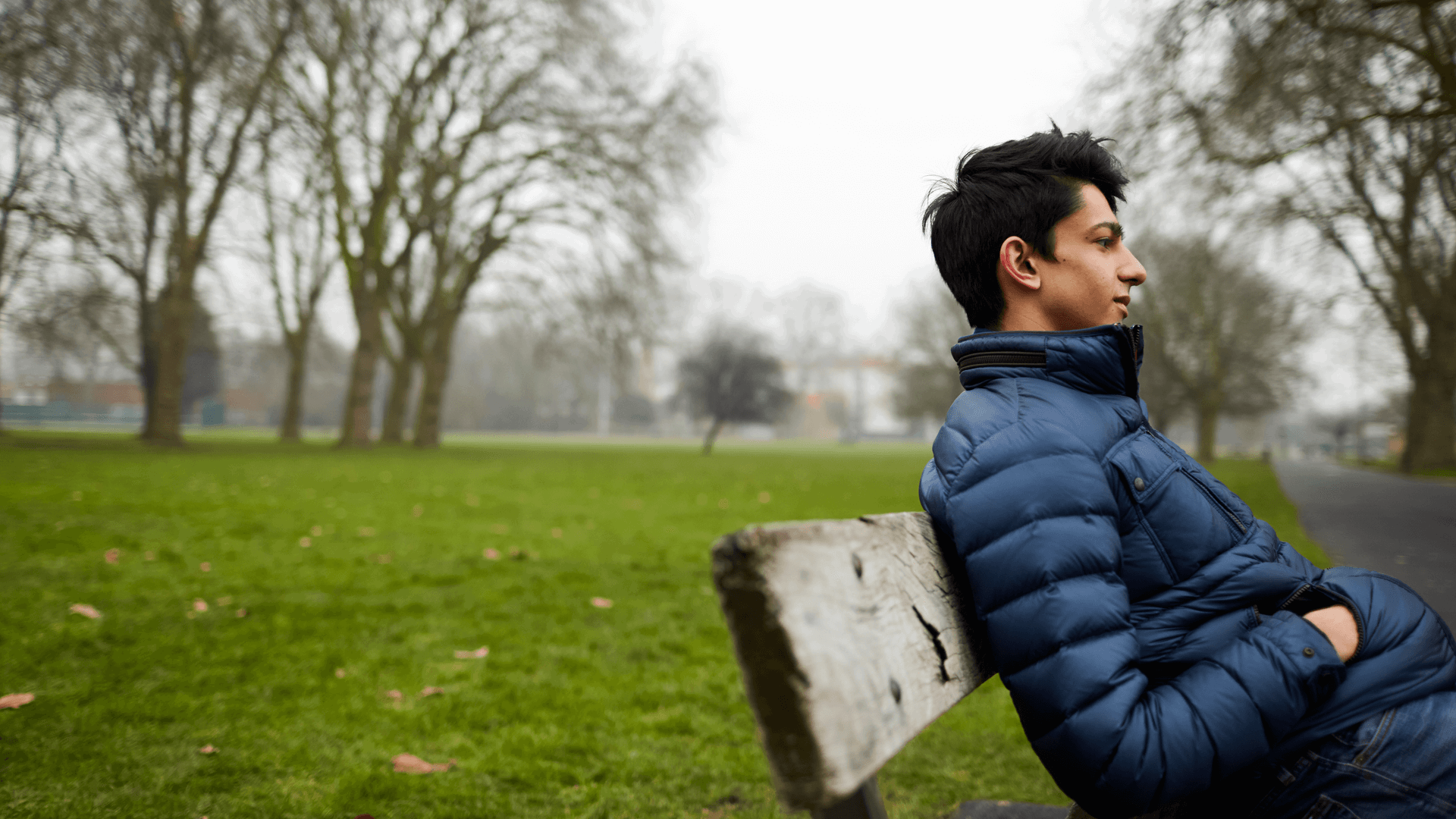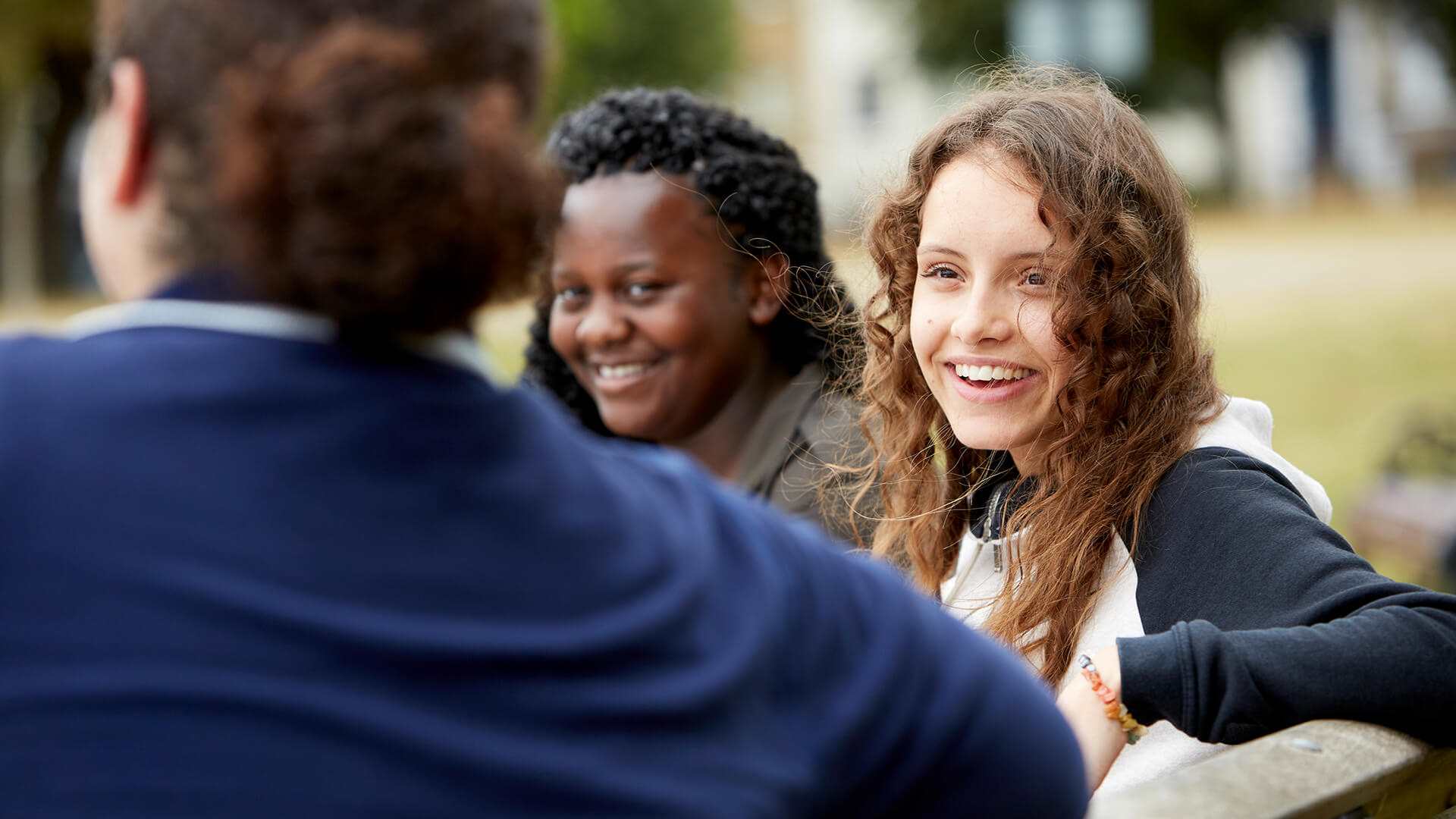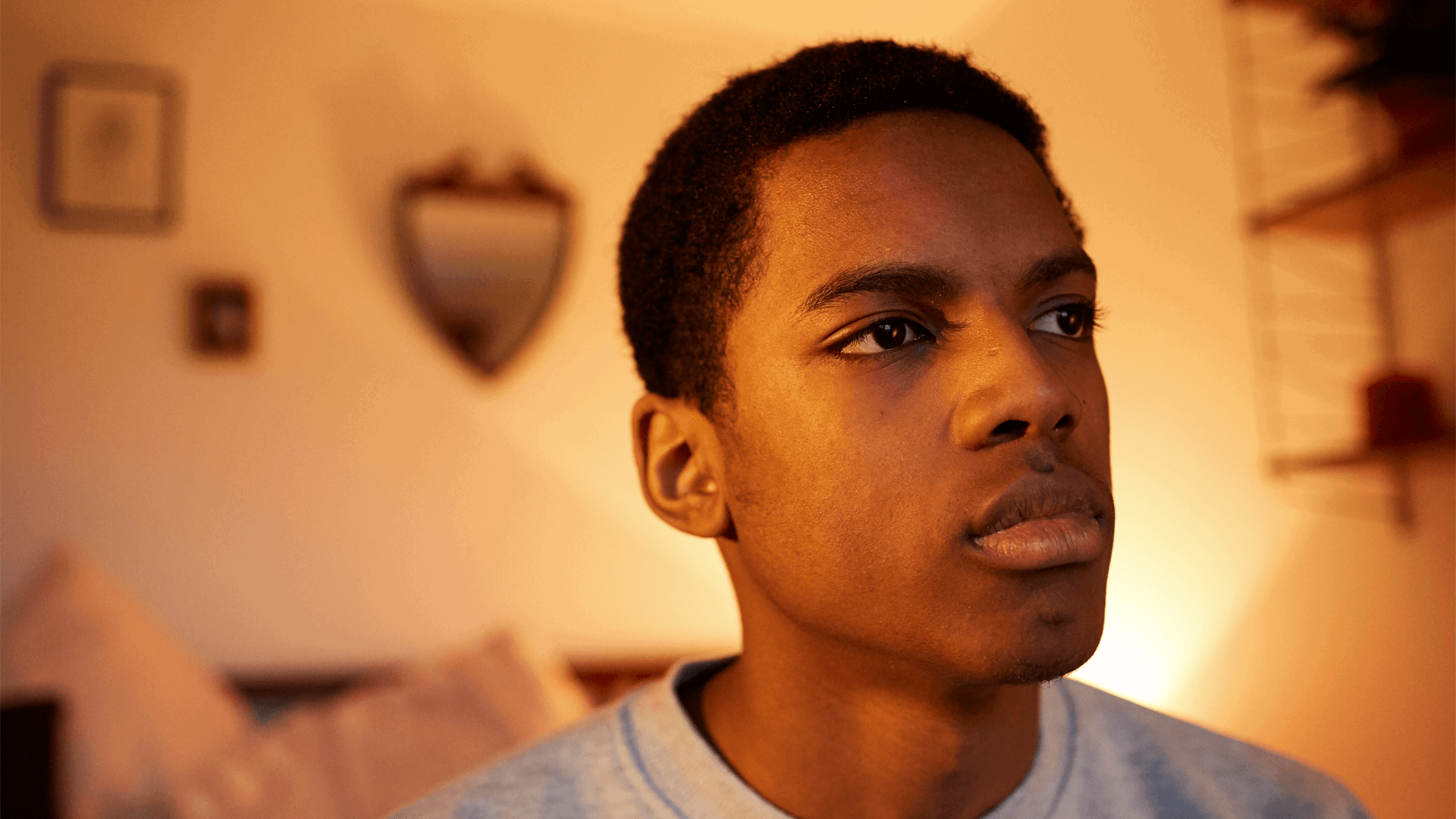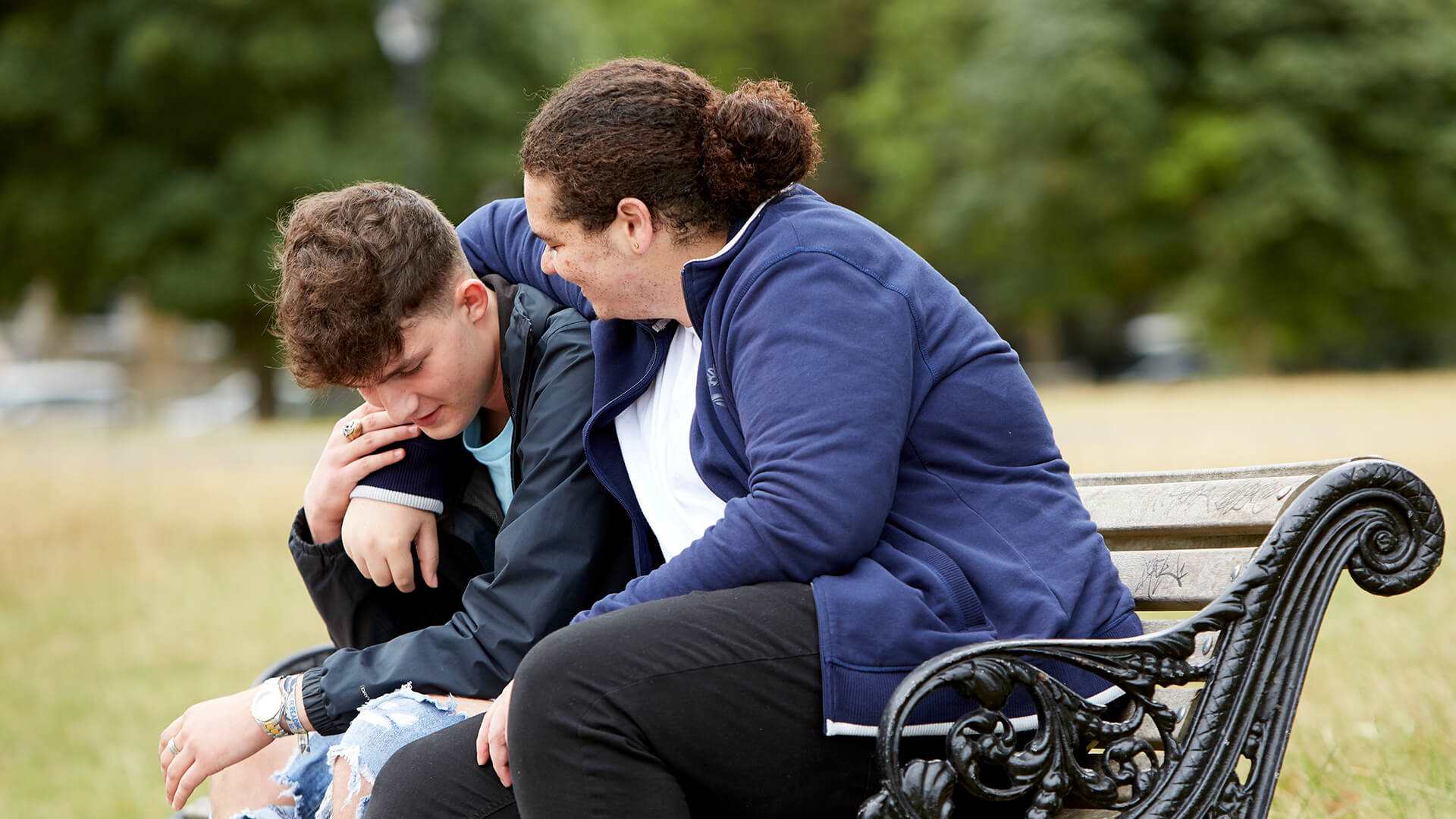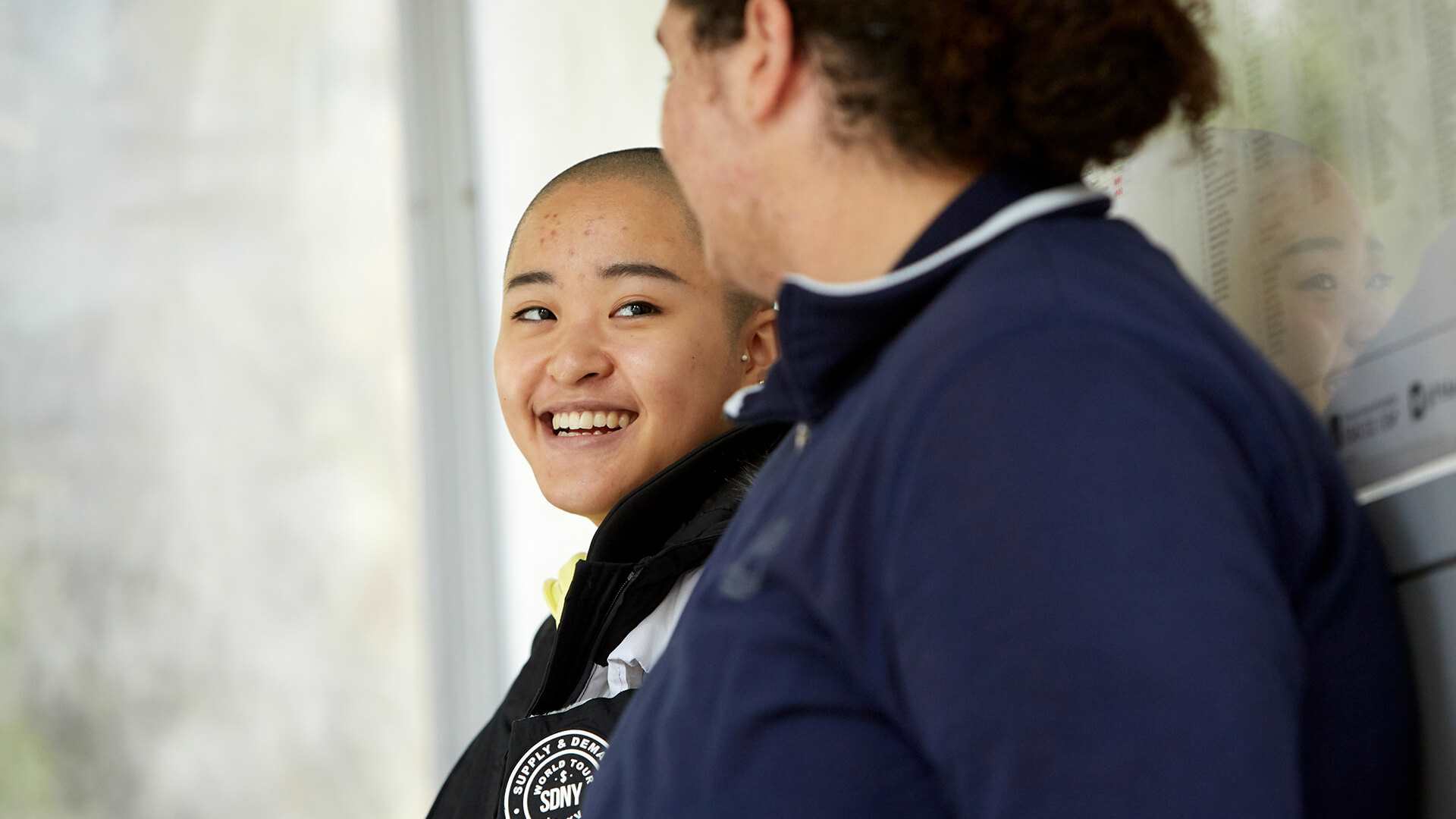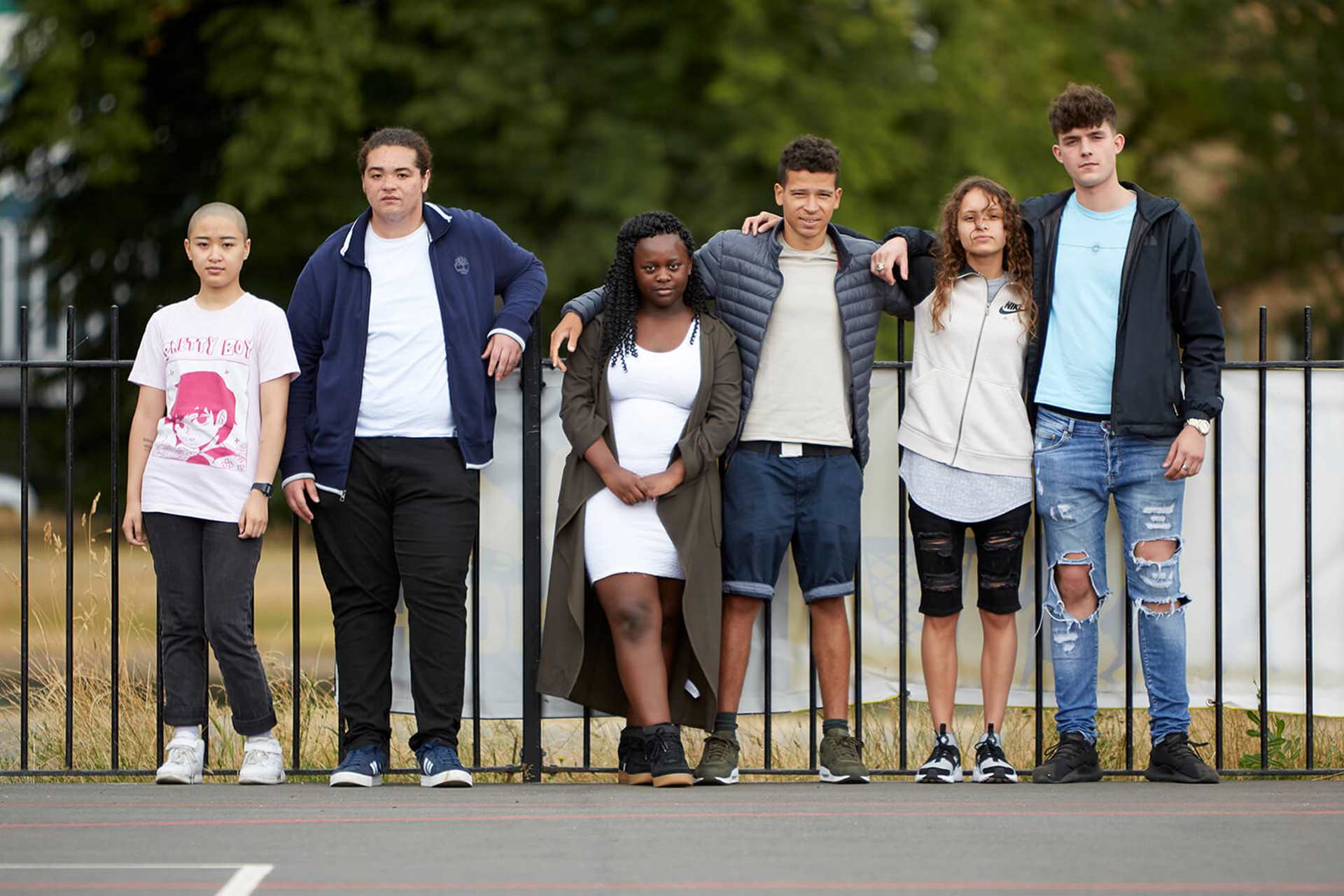It can be helpful before your appointment to think of how you’d answer these questions. You can even write down what you want to say before you go. This can help make sure you don’t forget anything during your appointment and make it easier to talk.
At the end of your assessment, the team will talk to you about what happens next and what support they think you might need. You can also ask any questions you have.
They may talk about your ‘treatment’ – this just means what you’ll do together to help you get better.
If you would feel more comfortable having a parent or carer in the room with you during your assessment, that’s fine. You can also see the team by yourself if you would prefer, though staff may expect a parent to be present for part of the meeting.
Also, if you or your parent/carer is not confident speaking English, CAMHS can provide an interpreter to help. Just let them know if this is the case.
CAMHS also has a service specifically for Deaf young people, known as Deaf CAMHS. The specialists working within Deaf CAMHS use British Sign Language (BSL). You can access Deaf CAMHS if you or your parents/carers are Deaf or hearing impaired.

